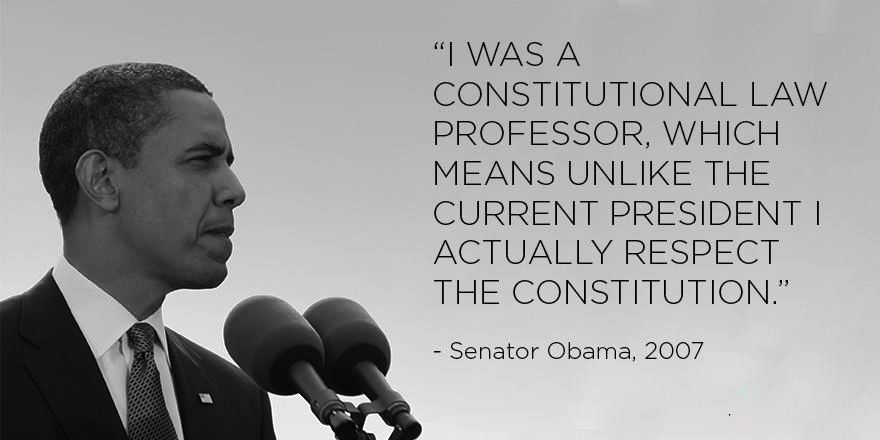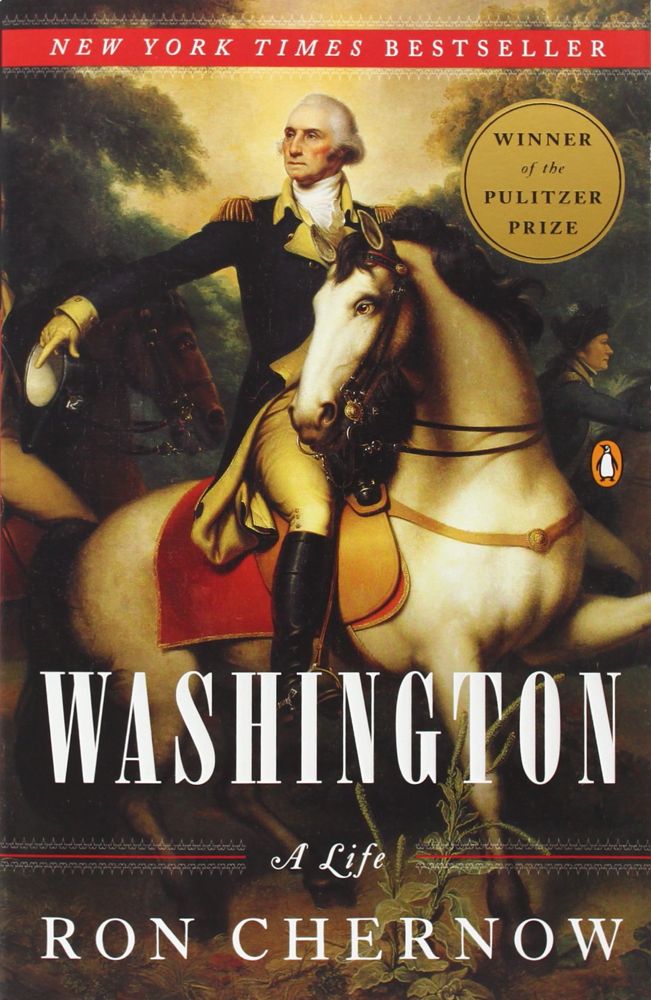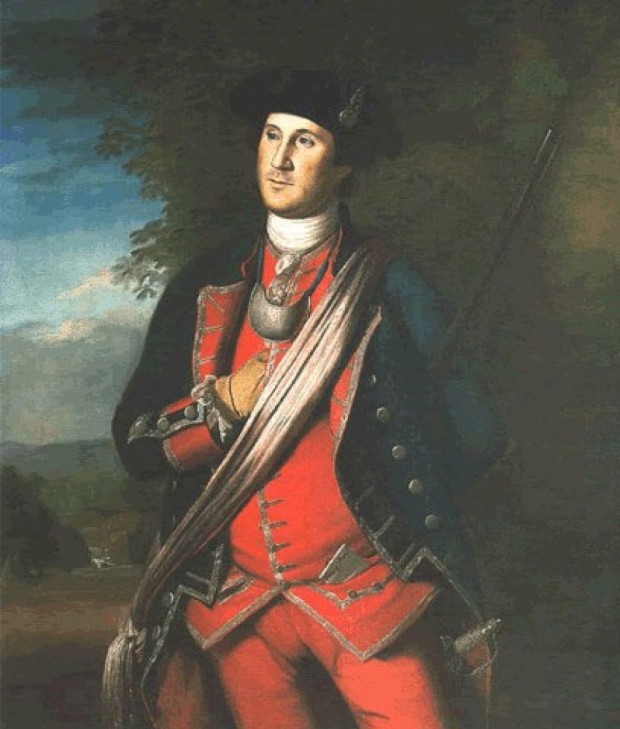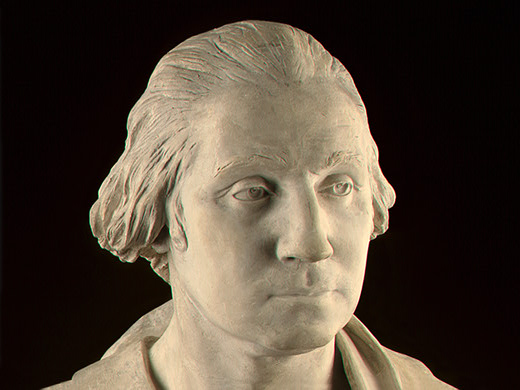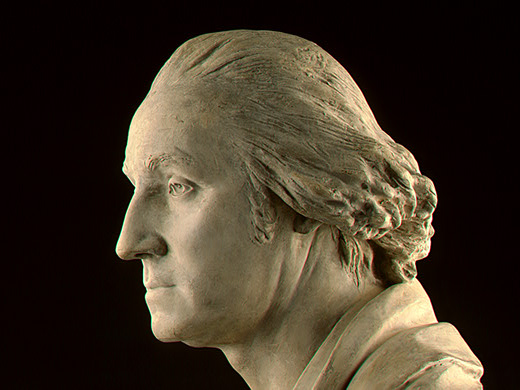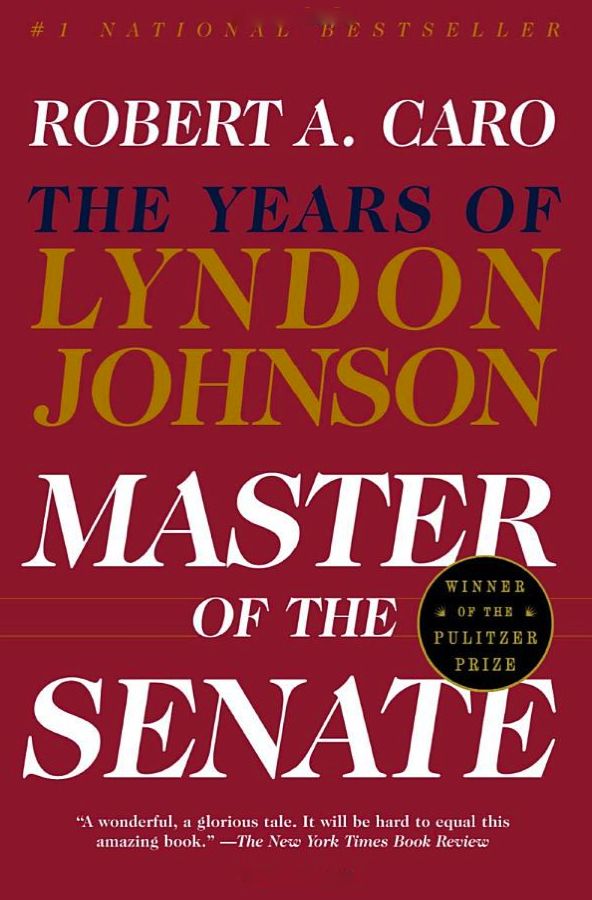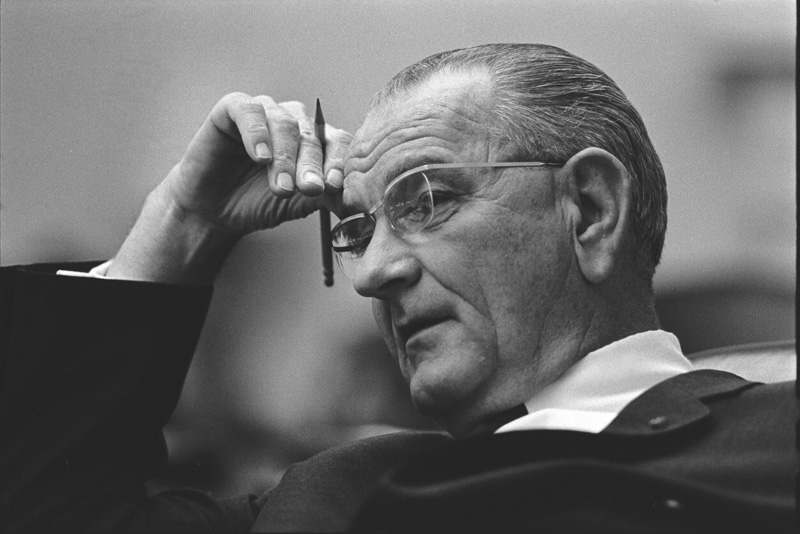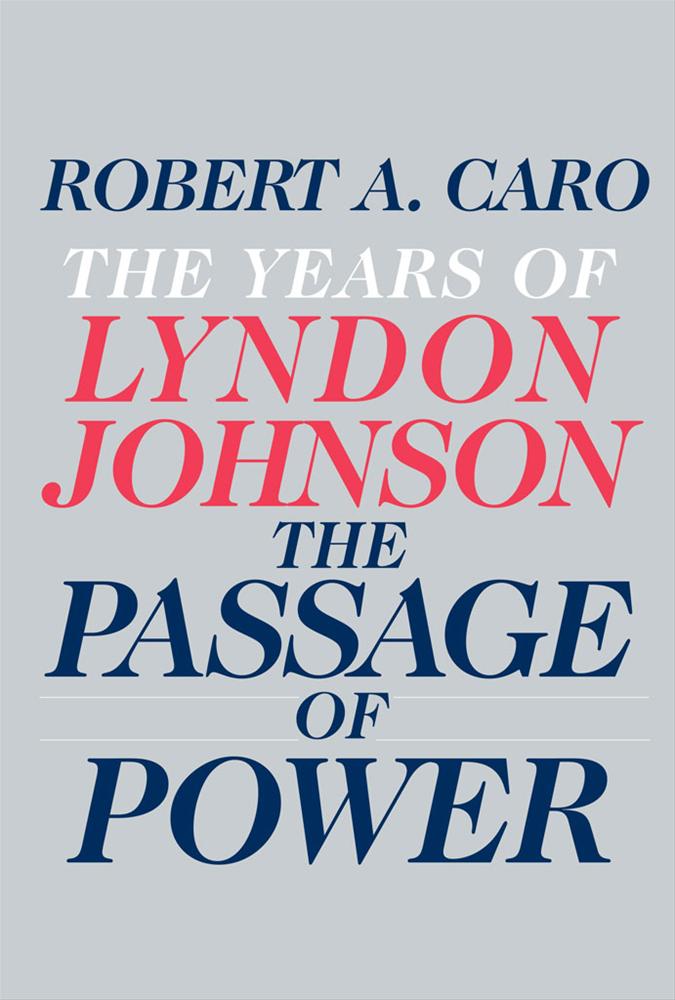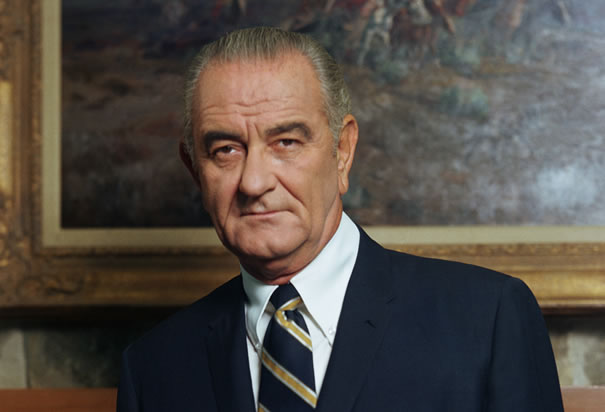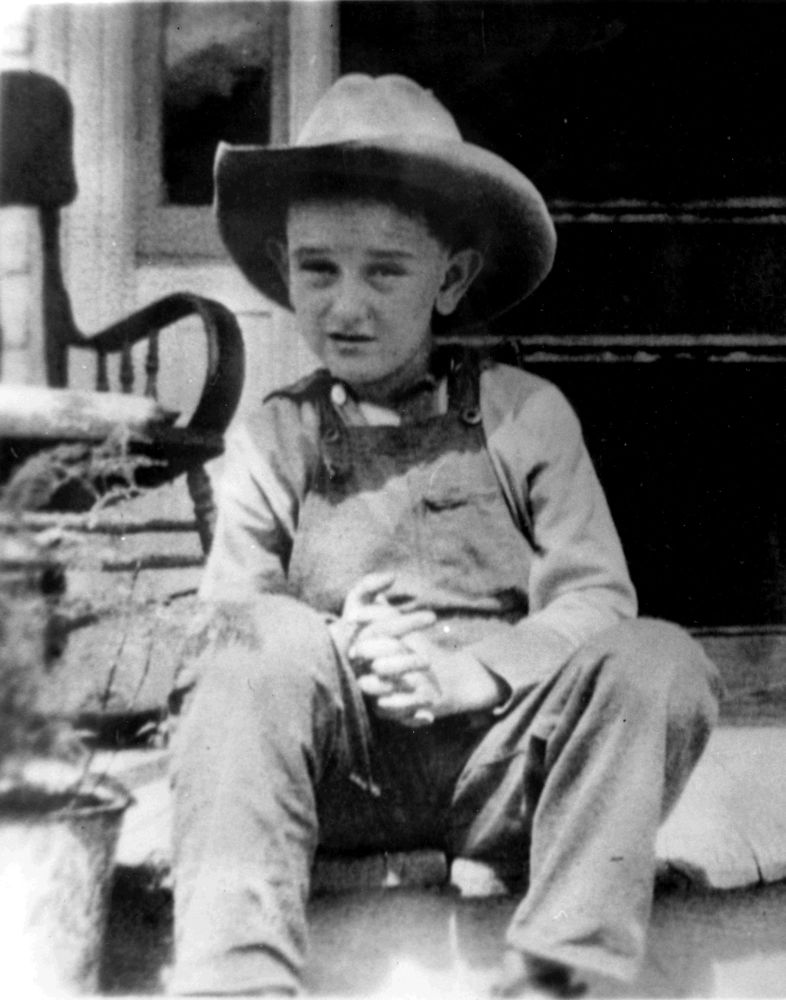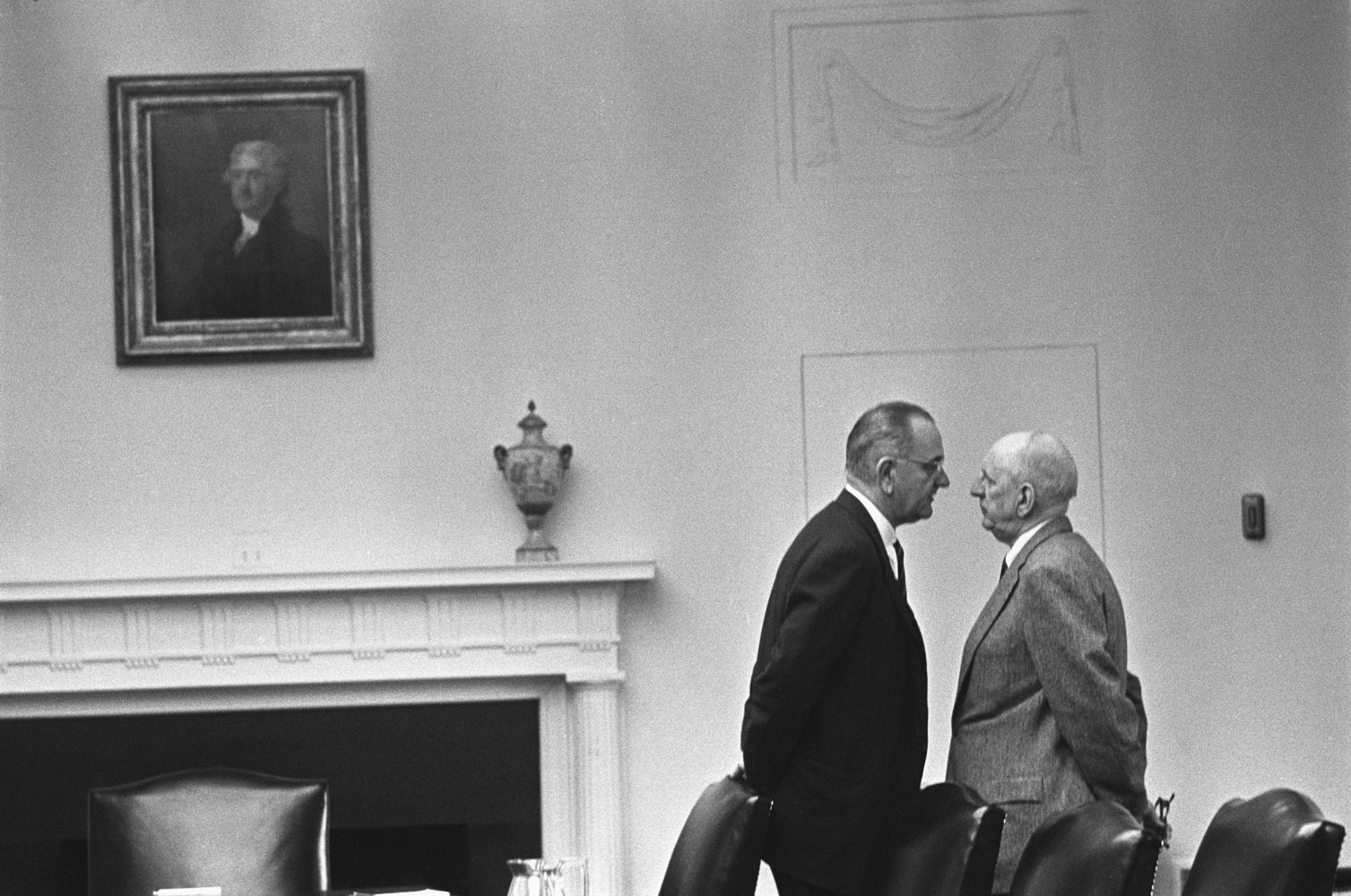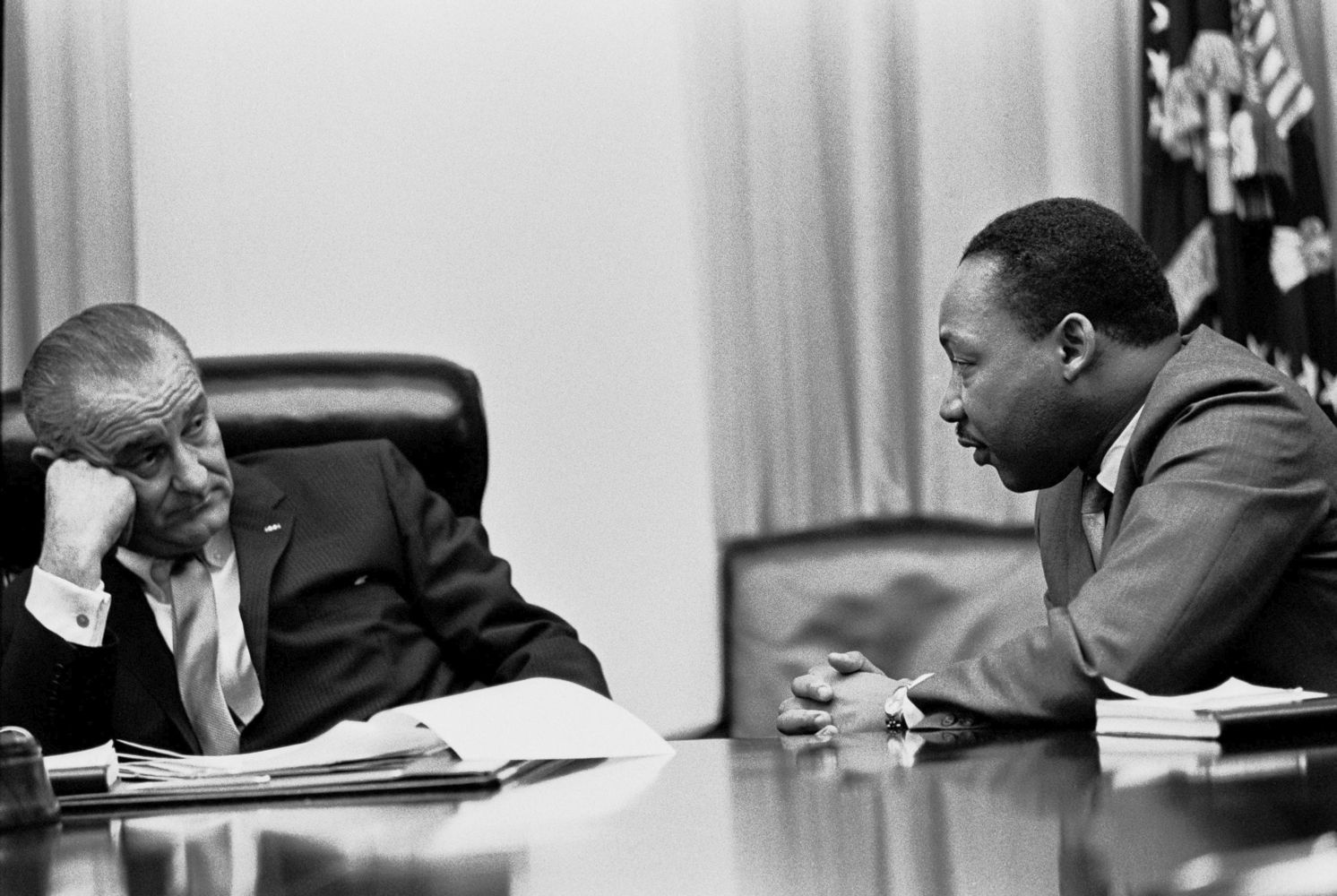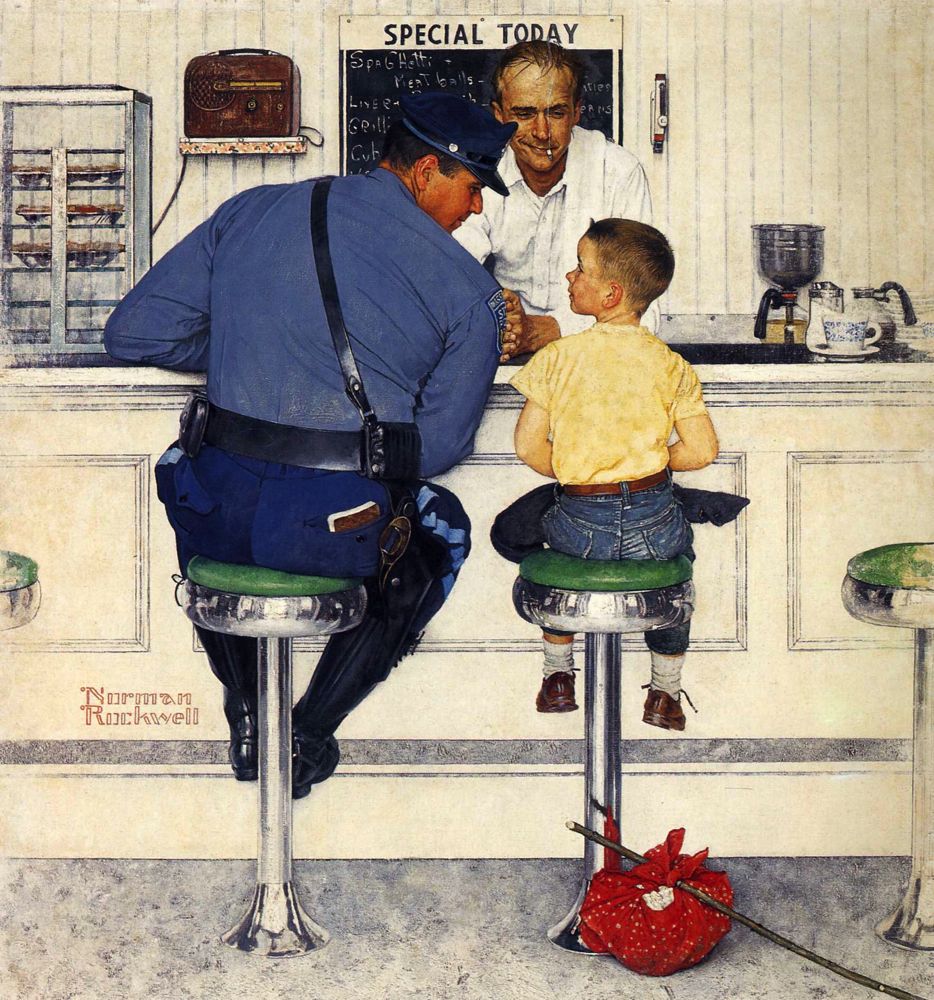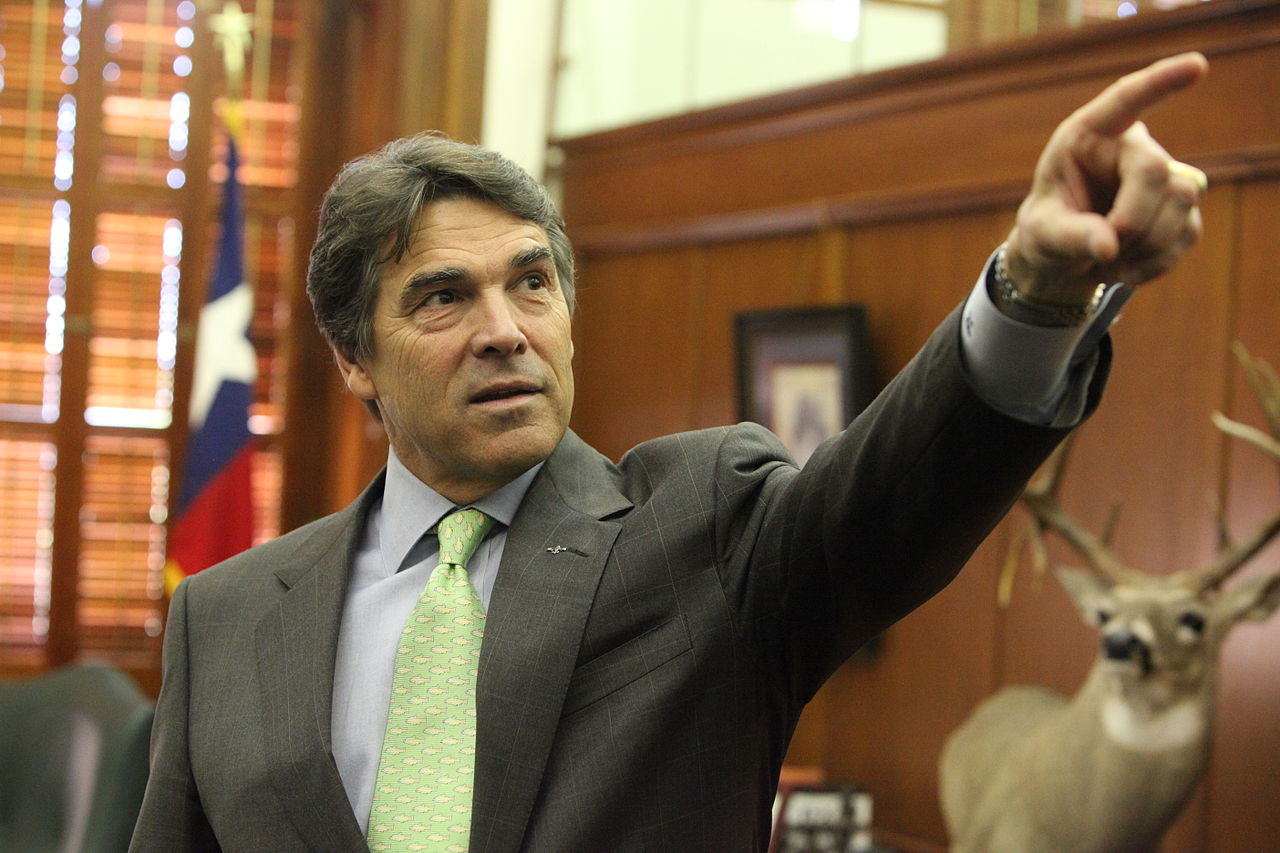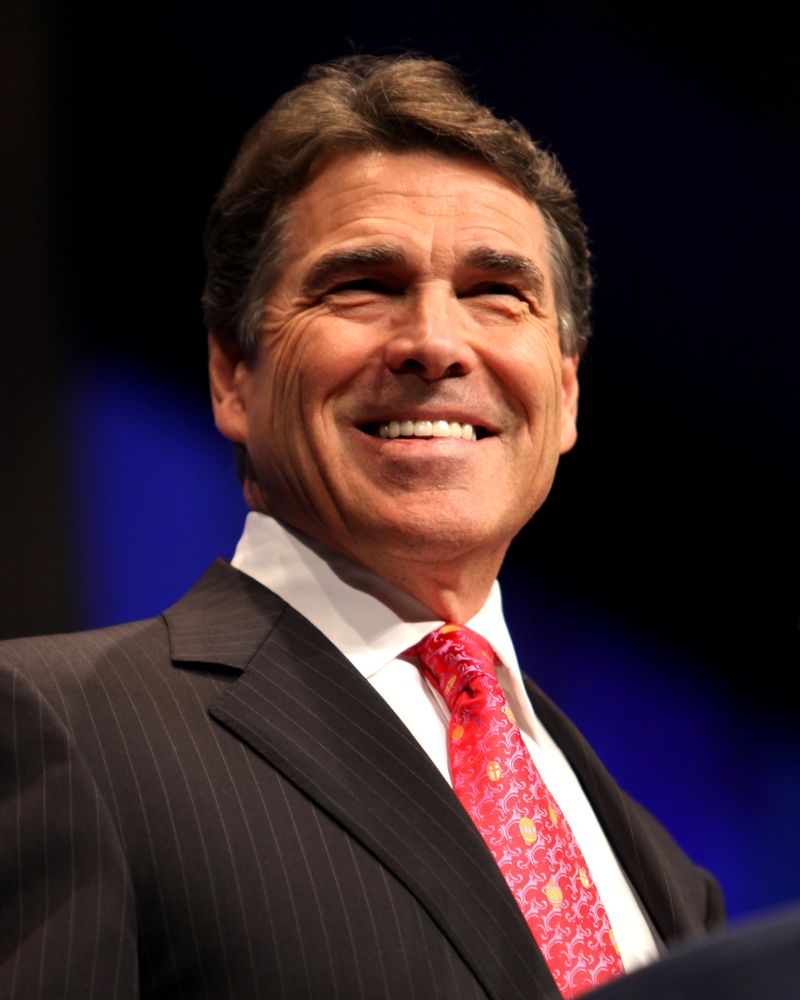Category Archives: The State Of the Union
GEORGE WASHINGTON
America’s first President is usually seen as man easy to admire but hard to love. In his public life, and to a great degree in his personal life, he mastered a kind of cordiality without warmth, a modest reserve mixed with a forbidding austerity. He had a genius for silence, for withholding his true feelings, yet when he made up his mind to something he acted with unflinching resolve.
He was a man you underestimated at your own peril.
If you read Ron Chernow’s brilliant recent biography of the man, however,you will find it hard not to love George Washington — and not just for his services to his country. Beneath the artfully crafted facade he presented to the world was a man of deep sentiment and emotion and sensuality, sacrificed over and over again to his sense of honor and duty.
He was not a natural stoic, not a cold self-satisfied prig — he chose service over inclination as a matter of principle, and endured the sacrifices this entailed fully sensible of the pain and personal loss this choice cost him.
Towards the end of his life, after leading the Continental Army to victory over the British Empire, presiding over the creation of the American Constitution, serving wisely and indispensably as the first American President, he wrote a letter to a woman named Sally Fairfax, the wife of a good friend, with whom he’d had an intense and passionate if platonic flirtation in his younger days.
He said that the times he’d spent with her were the happiest of his life. She must have represented all he could have had in this world if he’d been willing to overstep the bounds of propriety, violate his honor, and hers, given up his notions of civic and personal probity, the record of integrity that enabled him to spearhead the creation a new country and bind it into a workable union.
He was not the sort of man to second guess the course he chose, but he was human enough to hold on to a longing for something simpler and sweeter and more enchanting. You have to love him, if only for that.
BIG MEN
Reading Ron Chernow’s magnificent biography of George Washington, I find myself getting emotional over the example of the men who led The American Revolution.
They weren’t perfect by any means. They were motivated by economic self-interest as much as by idealism, and they were hypocrites. They took the field in their great war for liberty accompanied by slaves. They allowed blacks to fight beside them in the Continental Army without the slightest intention of allowing those blacks to share fully in the fruits of the victory they might win together.
But when push came to shove, time and time again they transcended themselves. They got caught up and swept along by the idea of liberty and it changed them, moved them to do fine and noble and courageous things, things virtually unprecedented in history and in their own lives.
They were big men, capable of rising to big occasions, big challenges. In American politics today there are no men or women as big as they were. We are squandering the great gift they left to posterity.
MASTER OF THE SENATE
I just finished this third volume of Robert Caro’s multi-volume biography of Lyndon Johnson. The fourth volume, The Passage Of Power, is now on its way to me. I’ve tried to make my way through the work slowly, to prolong the pleasure, and so I won’t have such a long wait for the fifth and final volume, which won’t be out for several years, but it’s not working out that way. Caro is just too compulsively readable.
The Years Of Lyndon Johnson is like a vast Victorian novel, on a scale that would have daunted even Dickens (though perhaps not Tolstoy). It bristles with life, with amazing characters and amazing incidents and amazing revelations that compel attention. Indeed, if we didn’t have evidence of Caro’s prodigious and meticulous research, we might easily dismiss his work as fiction.
It’s the most important work about the nation since de Tocqueville‘s Democracy In America — a comprehensive education in American institutions, American aspirations, American delusions, American idealism, American skulduggery. Reading it ought to be considered a civic duty — a thoroughly pleasurable civic duty, like watching fireworks on the 4th Of July.
PERRY’S DEFENSE
In their motion to dismiss the indictment against him, Rick Perry’s lawyers (above) made a curious legal argument. They said that Perry had an absolute legal right under the Texas Constitution to veto funding, or threaten to veto funding, and an absolute legal right under the First Amendment to say anything he wanted to say while exercising that veto right. Therefore, they conclude, these two acts, the exercise of a veto and the exercise of free speech, being both in themselves legal, can’t be linked to establish felonious coercion.
Think about this in another context. You are openly carrying a firearm (somewhere where this is broadly legal, like Alaska), you show your firearm to someone, you say, “Your money or your life.” According to Perry’s lawyers, this would not go to establishing attempted robbery because, if openly carrying a firearm is legal, you have a legal right to show your gun to anyone, and because, under the First Amendment, you have a legal right to say anything while showing off your gun.
Hmmm . . .
In the real world, of course, no state allows you to openly carry a gun and use it for purposes of intimidation or threat — just as Texas doesn’t allow a governor to use any of his otherwise constitutional powers for the purpose of coercing another public servant.
In some cases, exercising two legal rights in concert can add up to a legal wrong.
Click on the images to enlarge.
THE YEARS OF LYNDON JOHNSON
Epic, majestic, magisterial — it’s hard to find words equal to Robert Caro’s multi-volume biography of Lyndon Johnson, now just one volume away from completion.
Five massive volumes on any historical figure might seem like overkill, but not in this case, because Caro is just as interested in the social and political context of Johnson’s life as he is in biographical details.
As a congressman in the 1930s, Johnson was instrumental in bringing electricity to his district, the hard-luck Hill Country of Texas, where Johnson was born. Caro details the dazzlingly complex political maneuvers Johnson employed to do this, but he also wants you to know what the accomplishment meant — so he devotes a long chapter to describing the day-to-day life of Hill Country ranchers and farmers, and particularly Hill Country ranchers’ and farmers’ wives, in the days before electrification. The result is the best, most powerful and most harrowing evocation of daily frontier life and labor ever written.
And this is just one example of Caro’s ability to illuminate the world Johnson moved in, the world that made him and the world he changed, for better and for worse.
Johnson was a fabulous, mythic creature, not least because he understood the way American political life was changing in the 20th Century — understood how a ruthless and tireless man could ride those changes to a position of unprecedented power.
The story of Johnson’s life is wildly entertaining, wildly inspiring, wildly depressing — because it exposes the deep corruption of the American political process along with its unaccountable ability to accomplish great things.
You simply can’t understand America in our own time without understanding the dark genius and eccentric idealism of Lyndon Johnson. He was a man who, like America itself, can never be explained or fully known — a man at the very heart of the paradox that is America.
Click on the images to enlarge.
A NORMAN ROCKWELL FOR TODAY
NEW YORKER COVER
HEY, GOOD LOOKIN’
Rick Perry is conducting his public defense against his indictment for abuse of power like a political campaign. His booking on the charges was the occasion for a jaunty and rousing speech and even the mug shot (on which the gag poster above is based) turned out to be a successful photo op. That mug shot may be the best of all his official portraits.
Perry knows politics, particularly Texas politics, as well as anyone who’s ever lived, which is one reason he’s the longest-serving Texas governor ever. He seems to be a political animal down to his fingertips, so it’s instinctive with him to turn a fingerprinting session into a campaign event.
Perry is also contemplating another run at the Presidency, so it’s important for him to limit the national public’s perception of the damage from the indictment. Treating it like a silly gnat that he can swipe away with the flick of a wrist is just the ticket for that.
In the courtroom, it may not be so simple. Perry is accused of violating a very plain and very Texas sort of law which prohibits an official from using his power to coerce another public servant into taking an action that the other public servant doesn’t want to take.
In the wake of her very public and very humiliating arrest for drunk driving — very drunk driving — Perry tried to get Travis County DA Rosemary Lehmberg (above) to resign. A lot of people agreed that she should, but she refused to. So Perry apparently used various implements in his tool box to force her to resign, including a threat to veto funding for a government watchdog agency she headed, a threat he eventually carried through on.
Perry knew he would win the public relations battle over his actions, as he largely has, but he failed to take the anti-coercion law into account. Linking his veto threat specifically to Lehmberg’s resignation was, on the face of it, a clear violation of that law. Perry may well win the public relations battle over his case and still get convicted of a felony or two.
Perry is like a modern-day John Henry, a man who knows how to drive steel with a hammer better than anyone else, but is baffled by the task of operating a screwdriver. That bifurcation of skills and perception is the fascination of the man, and will be the fascination of the trial. He and his legal team will try to bring Perry’s hammer into the courtroom. The prosecutor will try to turn the jury’s attention towards the mishandled screwdriver.
It will be one of the most interesting political trials since the days of Watergate.
PERRY WINS
THE CASE AGAINST PERRY
Commentators on Rick Perry’s indictment are falling into a pattern — mischaracterizing the charges against him, and then defending him or attacking him on the basis of those mischaracterized charges. Perry is not charged with using his power, specifically his power of line-item veto, in an irresponsible or unethical way — he’s charged with using those things for the one purpose he’s legally bound by Texas law not to use them for, namely, attempting to coerce a public servant, Rosemary Lehmberg, into taking an action she didn’t want to take and wasn’t legally required to take, resigning from office.
Perry’s motives for doing this are irrelevant. He may have, as he’s argued, simply wanted to rid the state of an official who’d lost its confidence, due to her problems with alcohol and the law. He may have, as his opponents have argued, really wanted to replace her with a Travis County DA less liable to tangle with his administration.
Neither of these things are important to the case as a legal matter, and won’t figure into the prosecution’s arguments, which will try to prove that Perry committed a felony or two by attempting to coerce a specific public servant into resigning, which the law forbids.
As a defendant, Perry has in his favor the presumption of innocence, the affection of most of his fellow Texans, and the notion, on both sides of the aisle, that the charges against him are sketchy, punishment for playing hardball politics as usual. But the law is the law, and a very careful, reportedly non-partisan prosecutor has determined that he broke it.
Spinning the case as a question of ethics, or intention, or partisan politics is the business of Perry’s supporters and enemies. The trial will deal with facts and the law, and none of the spin will figure into it at all. I suspect that this will take a lot of the pundits, and those who follow them, by surprise.
MORE TEXAS IRONY
When Rick Perry tried to encourage (or, according to the indictment against him, coerce) Rosemary Lehmberg, the DA of Travis County, to resign, he argued plausibly that her drinking problems, which landed her in jail, had eroded trust among Texans generally in the Public Integrity Unit she headed. So he threatened to veto funding for that office unless she resigned, and carried through on that threat when she didn’t.
Perry was probably right about the erosion of trust in Lehmberg, but who knows for sure? I doubt if Perry conducted any scientific polling on the issue, and Texas history is full of politicians who couldn’t hold their liquor yet served without controversy in their posts.
Lehmberg’s problems with alcohol and with the law would certainly have distracted her from her duties, for a while, but as far as I know Perry never offered any concrete evidence that Lehmberg’s office wasn’t performing its statutory functions in a competent way. It was all based on Perry’s notion, reasonable though it may have been, that there was a public perception of incompetence.
Perry’s own legal problems will certainly distract him from his duties as governor, for a while — probably far longer than Lehmberg’s DUI conviction and jail term distracted her — but Perry clearly has no intention of stepping aside as acting governor until his legal problems are resolved.
And if someone argued that being indicted for two felonies created a perception of incompetence on the governor’s part, requiring his resignation, he would hardly be moved to do so. And finally, if the Texas legislature voted to de-fund any of the various agencies Perry controls, in an attempt to coerce him into resigning, he would be well within his rights to take the legislators to court.
Texas has a law against attempting any such coercion of a public servant.
MORE ON THE PERRY INDICTMENT
Rosemary Lehmberg, the District Attorney of Travis County, Texas, does not serve at the pleasure of Texas Governor Rick Perry — she serves at the pleasure of the voters of Travis County. The law Perry has been accused of violating, by trying to coerce Lehmberg into resigning, was designed to keep such lines of demarcation clear.
It’s actually a pretty good law, and totally in line with Texas ideas about government. It promotes the decentralization of power by prohibiting powerful officials from bullying less powerful officials, setting a strict limit on the power any particular official can exercise.
Perry’s indictment thus contains a profound irony. Texas libertarians and conservatives are being hoist by their own petard, with one of their own tripped up by a law designed to enforce their own beliefs about limiting the power of government officials.
The debate seems to be centered on whether or not Perry was right to want Lehmberg to resign, and a good case can be made that she should have, but that’s not the legal issue in play — it’s whether or not Perry tried to coerce Lehmberg into resigning, in violation of Texas law.
Big difference.
LONE STAR
I have a certain amount of affection for Rick Perry. His lackadaisical style and common sense approach to governance have served his state well for a long time. The economic success of Texas through bad times for the economy in general has benefited not just the fat cats but all Texans across the economic spectrum. Now, however, his common sense has run afoul of the laws of Texas, which have always sought to limit the power of elected officials — a limitation that Perry endorses as a core principle.
The District Attorney of Travis County, a Democratic enclave in a Republican state, is charged with investigating the ethics of the lawmakers who work in Austin, the seat of Travis County as well as the state capital. This creates a natural tension between a Democratic DA in Travis and a Republican state administration.
The current DA, Rosemary Lehmberg (above), had some personal problems recently — she was arrested for driving around stinking drunk and didn’t behave well in police custody. Many people, across the political spectrum, thought she should resign, but she didn’t — she served her jail time, went into rehab and carried on.
Perry decided to try to force her out of office. He argued that this was a simple matter of good governance, though of course her resignation would also allow him to appoint her successor, a Republican less inclined to tangle with his administration.
What Perry did was veto the funding for the Public Integrity Unit Lehmberg headed — on the face of it a reasonable measure, since it could be argued that Lehmberg’s office had lost the confidence of the public and shouldn’t be entrusted with public funds.
What Perry didn’t take into account was a Texas law making it a felony for a governor to use his power to coerce another public servant. His veto was clearly an effort to coerce Lehmberg into resigning. Her resignation might very well be a good thing for the state of Texas, and would certainly be a good thing for Perry, but Perry was legally prohibited from trying to coerce it.
Hence a real Texas mess. Most Texans would not be inclined to criticize Perry for wanting Lehmberg to resign, calling for her to resign — but there was that law forbidding him from trying to coerce her into resigning, which it seems he did.
Texans want severe limits on the power of elected officials, but they tend to look the other way when they exceed their power for the good of the state. Those two impulses have now come into conflict in a most ironic and spectacular way. It’s all very . . . Texan.
RAND PAUL
In the wake of the ghastly events in Ferguson, Missouri, Rand Paul, almost alone among politicians of national prominence, called for the demilitarization of the police. It was a more courageous response than we got from Barack Obama, who called for calm, or Hillary Clinton, who said nothing.
Instantly liberal pundits started trying to discount Rand’s statements, reminding us that he once had doubts, on ideological libertarian grounds, about provisions of the 1964 Civil Rights Act, and calling his current position opportunistic. In fact, Rand has been speaking out about the disproportionate persecution of blacks by the police for months.
Liberal pundits are deeply threatened by acts of political courage by conservatives, probably because they know how appealing they are to the public at large in this age of liberal pusillanimity and downright cowardice. In the latest poll about possible match-ups in the 2016 Presidential race, Hillary now leads Rand by only 6 points. Not long ago she led him by 12 points.
That trend will continue. Hillary is playing not to lose — a losing strategy, as any poker player will tell you. Rand is putting his chips in play. He’s driving the game — Hillary is just trying to run out the clock and stay in it. She’s the fish at the table.
Rand is not doing as well against his Republican rivals for the nomination, but the debates could change that. In debates between the principled Paul and the mealymouthed Clinton, it would be no contest.

